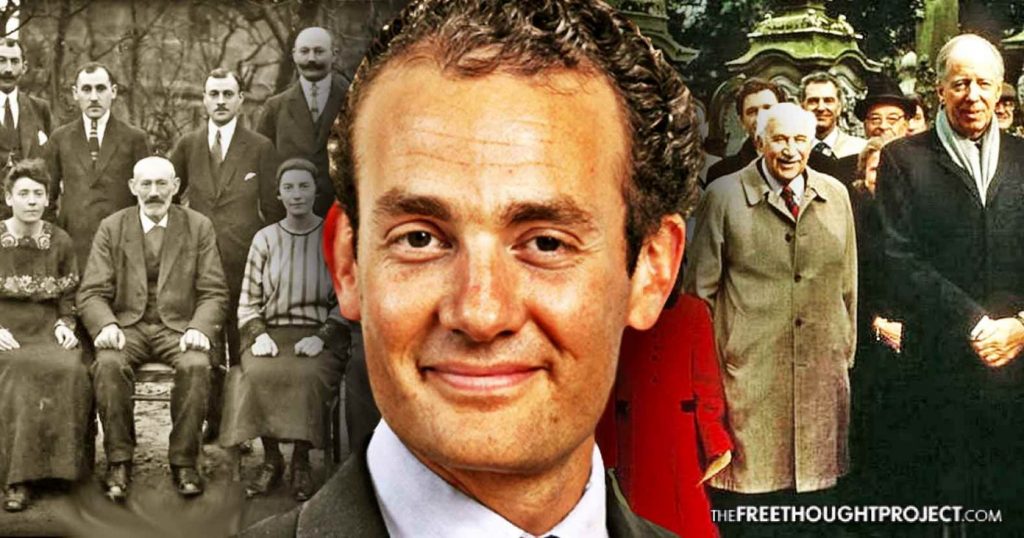Rothschild Passing Dynasty on to 7th Generation, Marking 200 Years of Banker Family Rule
adUnit = document.getElementById("google-ads-qC42");
google_ad_client = "ca-pub-1897954795849722";
adUnit = document.getElementById("google-ads-qC42");
adWidth = adUnit.offsetWidth;
if ( adWidth >= 999999 ) {
/* GETTING THE FIRST IF OUT OF THE WAY */
} else {
google_ad_slot = "0";
adUnit.style.display = "none";
}
The Rothschild banking empire will ensure that its control continues to stay within the family for a seventh generation as David de Rothschild, 75, is set to hand the role of chairman over to his son, Alexandre de Rothschild, 37, in June.
The banking dynasty has been passed between generations for the last 200 years. It was started by Mayer Amschel Rothschild as a French railway company, and five of his sons went on to establish banking businesses across Europe. Financial Times reported that the investment bank is currently pushing to “diversify from its core French and British advisory business to help it ride out less buoyant periods in Europe’s mergers and acquisitions market.”
The new chairman joined the bank in 2008, and he has helped to set up and oversee the private equity business. As the group increases its investments in small U.S. operations, the Times noted that the overhaul of the corporate structure that occurred during the elder de Rothschild’s term allowed the family to “tighten control over the group by buying out minority shareholders.”
The Rothschild family has also shown its influence in “U.S. operations” by working closely with political figures such as failed presidential candidate, Hillary Clinton. WikiLeaks revealed that Lynn Forester de Rothschild was working with the Clinton campaign to formulate economic policy as early as January 2015.
“I think this blog overstates what Warren was doing, but we need to craft the economic message for Hillary so that Warren’s common inaccurate conclusions are addressed. Xoxo Lynn,” Lady Rothschild wrote in an email to top Clinton aide, Cheryl Mills.
Emmanuel Macron, the current French president, is also a former employee of Rothschild. He earned the nickname of “Mozart of Finance” at the company after he played a crucial role in advising Nestlé to invest $12 billion in the acquisition of a Pfizer unit in 2012.
The Rothschild family currently has 58 percent of voting rights and owns 49 percent of the company, and the Times noted that while revenue from its global advisory business fell 8 percent, private wealth and asset management and merchant banking divisions grew by more than 30 percent each and overall revenue rose by 6 percent in 2017.
As The Free Thought Project reported in August 2017, Lord Jacob Rothschild, founder and chairman of RIT Capital Partners, sent ominous signals internationally when he began selling U.S. assets because he viewed them as risky and unstable.
“We do not believe this is an appropriate time to add to risk. Share prices have in many cases risen to unprecedented levels at a time when economic growth is by no means assured,” Rothschild wrote in his company’s semi-annual report.
Rothschild also said he believes “The period of monetary accommodation may well be coming to an end,” and that quantitative easing programs employed by central banks, such as the Federal Reserve Bank in the U.S. will eventually “come to an end.”
googletag.cmd.push(function() { googletag.display('div-gpt-ad-1470694951173-5'); });
(deployads = window.deployads || ).push({});
